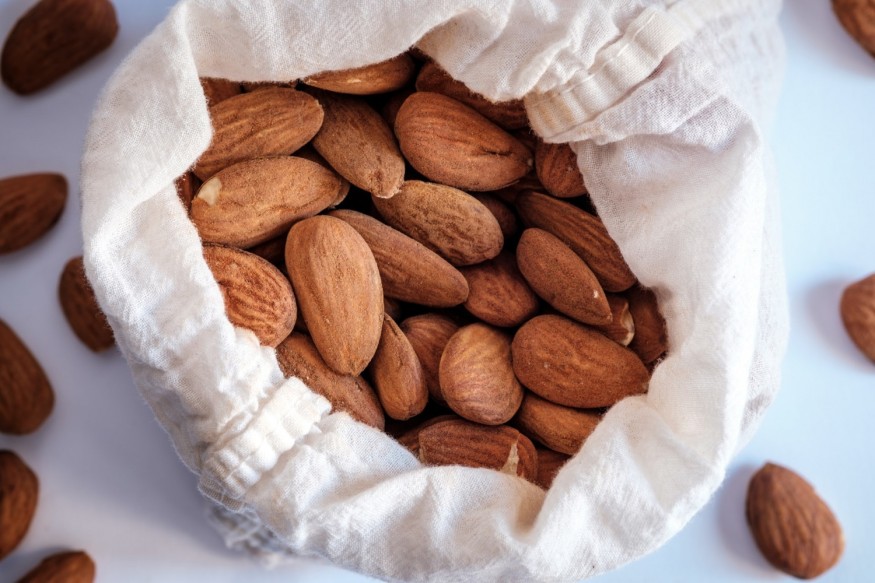The pandemic has caused abrupt changes in the lives of people all over the world.
In these challenging times, one important aspect that we should not neglect is maintaining a healthy lifestyle and sustaining a nutritious diet as we strive to protect ourselves from the virus.
Having a healthy diet is essential even when there's no pandemic, but more so now. While there is no absolute cure or vaccine yet available to prevent being infected, one thing we can do is to make a conscious effort to maintain a nutritious diet to support and fortify our immune system.
The key to keeping this up is ensuring that there are set routines and structures to monitor the family diet at all times.
1. Drink water for proper hydration

Drink sufficient amounts of clean water daily. Harvard University mentions that water is vital to life. A person can survive weeks without food, but cannot survive more than three days without water.
The suggested intake for most adults is 6-8 glasses of plain water. Avoid sugary beverages as a means to hydrate to reduce the risk of adding calories to your daily diet.
2. Add fruits and vegetables to your diet

How many times have we heard it? We need fresh fruits and vegetables in our diet to stay healthy. They pack a lot of vitamins and minerals for a stronger immune system.
If you can't get your hands on fresh produce, you can opt for dried, canned, or frozen variety. But make sure to read the labels since most canned products tend to have sugar or salt added as preservatives. You can wash them off before cooking or serving.
3. Consume whole grains, nuts, and healthy fats

Brown rice, barley, oats, quinoa, and amaranth are some of the basic whole grains you can include in your diet. It's best to get them fresh and unprocessed so they still have the carbohydrates, proteins, and various levels of unsaturated fat our body needs.
Ask the Scientists provides insights on how plant-based grains contain phytonutrients that help prevent diseases. They also contain fiber and are a rich source of energy. If you can't live without bread or pasta, opt for the whole-wheat variety.
4. Shift to healthy snacks

Instead of the usual salty bags of chips or sweet cookies, why not snack on nuts, fresh or dried fruits, unsweetened yogurt, cheese, and other healthier options. You can also prepare homemade corn-flour tortillas and choose a variety of healthy filling.
5. Limit the intake of alcohol and processed foods
The stress and uncertainty brought about by the pandemic have pushed some people to consume alcohol and comfort foods as a coping mechanism. Take note that the comfort brought by consuming alcohol and processed foods are only temporary.
Alcoholic drinks have very little nutritional value and usually add up unwanted calories. According to Healthline, excessive alcohol intake can pose different health issues such as liver damage, impaired brain function, or heart condition.
If you plan to drink alcoholic beverages, please do so in moderation. Processed foods normally contain high amounts of saturated fats, salt, and sugar so it is advisable to avoid them. If you cannot stay away from processed foods, read through the labels to know what is tolerable or not.
This pandemic forced many people to stay at home with their families. This is a perfect time to develop a healthy eating habit especially for those with small children. Start with cooking nutritious meals and dining together. For parents, you can prepare easy and healthy cookout challenges for your children.
Whether the pandemic goes away soon or lingers for some time, sustaining a nutritious diet for the family will go a long way in helping us prevent infection and diseases.
© copyright 2024 Food World News, a property of HNGN Inc. All rights reserved. Use of this website constitutes acceptance of our terms and conditions of use and privacy policy.









